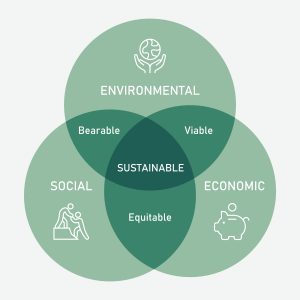 Textile production has a significant impact on the environment. From water pollution to greenhouse gas emissions, the textile industry faces numerous environmental challenges. This is why sustainability has become an important aspect of textile production. A buying house that prioritizes sustainability not only shows its commitment to a better environment but also contributes to the well-being of future generations.
Textile production has a significant impact on the environment. From water pollution to greenhouse gas emissions, the textile industry faces numerous environmental challenges. This is why sustainability has become an important aspect of textile production. A buying house that prioritizes sustainability not only shows its commitment to a better environment but also contributes to the well-being of future generations.
Why Sustainability Matters in Textile Industry
Environment protection: Sustainability in textile production helps to reduce the negative impact of textile production on the environment. This includes reducing water and air pollution, reducing the use of hazardous chemicals, and reducing waste.
Resource conservation: Sustainability in textile production helps to conserve natural resources, such as water and energy. By reducing waste and using resources efficiently, textile production can become more sustainable.
Economic benefits: Sustainability in textile production can also bring economic benefits, such as cost savings and improved brand reputation. By reducing waste and improving resource efficiency, textile production can become more cost-effective and attractive to consumers.
Social responsibility: Sustainability in textile production is also a matter of social responsibility. By ensuring that textile production is environmentally responsible, a buying house can contribute to the well-being of communities and future generations.
In conclusion, sustainability in textile production is essential for the future of our planet. A buying house that prioritizes sustainability can help to reduce the environmental impact of textile production, conserve resources, and contribute to the well-being of communities and future generations. By embracing sustainability, a buying house can demonstrate its commitment to a better future for all.

